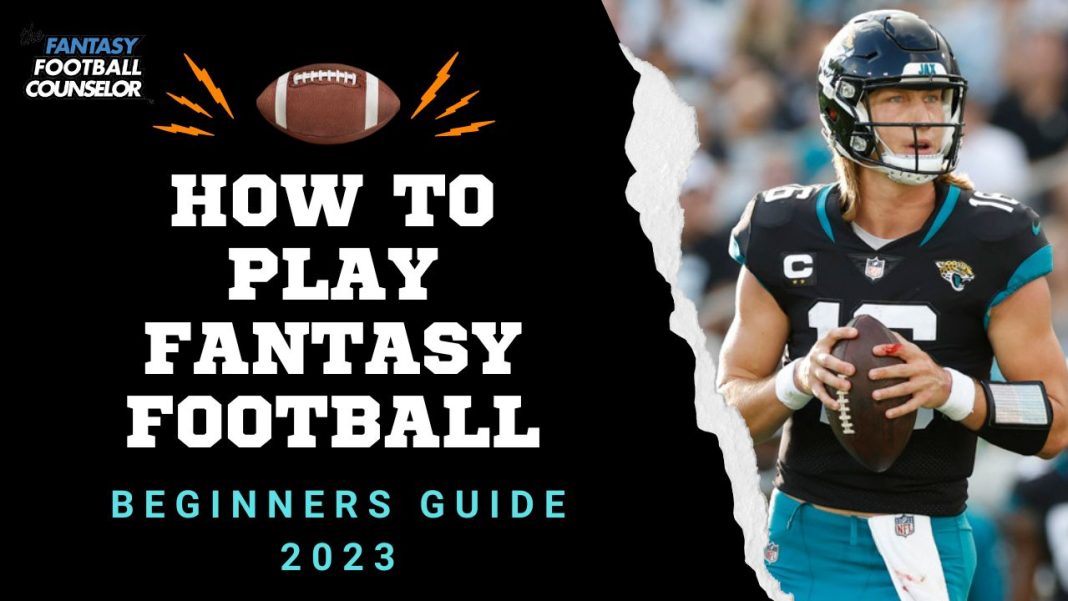 CarShield, an auto insurance agency based in Missouri, has agreed to pay $10 million to settle charges brought forth by the U.S. Federal Trade Commission (FTC) regarding deceptive and misleading advertising practices. The company, also known as NRRM LLC, sells vehicle service contracts to consumers across the United States for a monthly fee ranging from $80 to $120. In their complaint, the FTC alleged that CarShield’s advertisements, which featured celebrity endorsers like Ice-T and Chris Berman, falsely promised consumers “peace of mind” and protection from the costs associated with vehicle breakdowns.
CarShield, an auto insurance agency based in Missouri, has agreed to pay $10 million to settle charges brought forth by the U.S. Federal Trade Commission (FTC) regarding deceptive and misleading advertising practices. The company, also known as NRRM LLC, sells vehicle service contracts to consumers across the United States for a monthly fee ranging from $80 to $120. In their complaint, the FTC alleged that CarShield’s advertisements, which featured celebrity endorsers like Ice-T and Chris Berman, falsely promised consumers “peace of mind” and protection from the costs associated with vehicle breakdowns.
The FTC found that CarShield’s advertisements made consumers believe that all repairs to covered systems, such as the engine and transmission, would be included under the vehicle service contracts. However, many customers discovered that their repairs were not covered due to numerous exclusions listed in the contracts. The FTC also noted that consumers with denied claims did not receive rental car benefits, while those with approved claims were still required to pay a portion of their rental car costs.
Under the settlement agreement, CarShield and its administrator, American Auto Shield LLC (AAS), are prohibited from making deceptive and misleading statements in the future. They must ensure that their endorsers’ testimonials are truthful and accurate, and they must comply with the FTC’s telemarketing sales rule. The $10 million settlement will be used to provide refunds to affected consumers.
The director of the FTC’s Bureau of Consumer Protection, Samuel Levine, emphasized the importance of personal vehicles to consumers and the impact of CarShield’s misleading practices. He stated, “Instead of delivering the ‘peace of mind’ promised by its advertisements, CarShield left many consumers with a financial headache. Worse still, CarShield used trusted personalities to deliver its empty promises.”
CarShield’s general counsel, Michael Carter, expressed the company’s commitment to helping consumers understand their service contracts and providing clear information on their website. He also clarified that all spokespeople in CarShield’s ads are actual customers of the company.
This settlement serves as a reminder of the importance of transparency and honesty in advertising, particularly in industries where consumers rely on products or services to protect their valuable assets. CarShield’s deceptive practices not only misled consumers but also tarnished the reputation of the celebrity endorsers involved. Moving forward, it is essential for companies like CarShield to prioritize integrity and ensure that their advertising claims align with the actual coverage provided by their service contracts.

